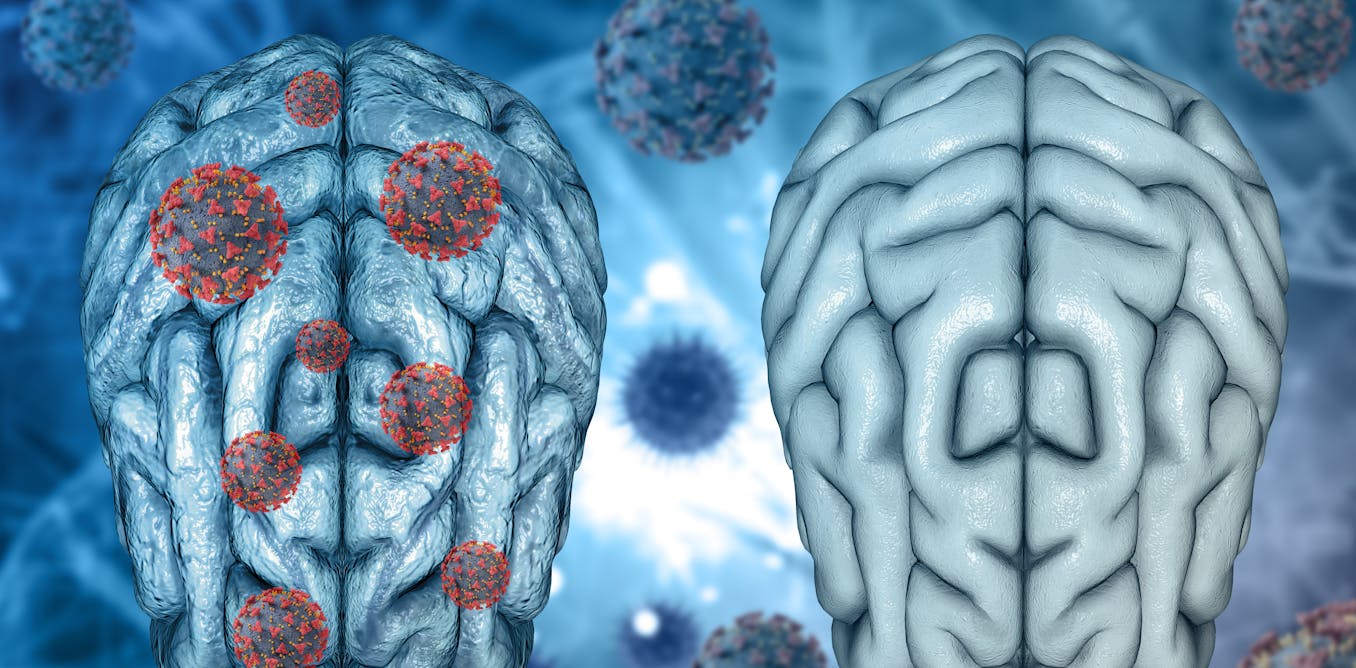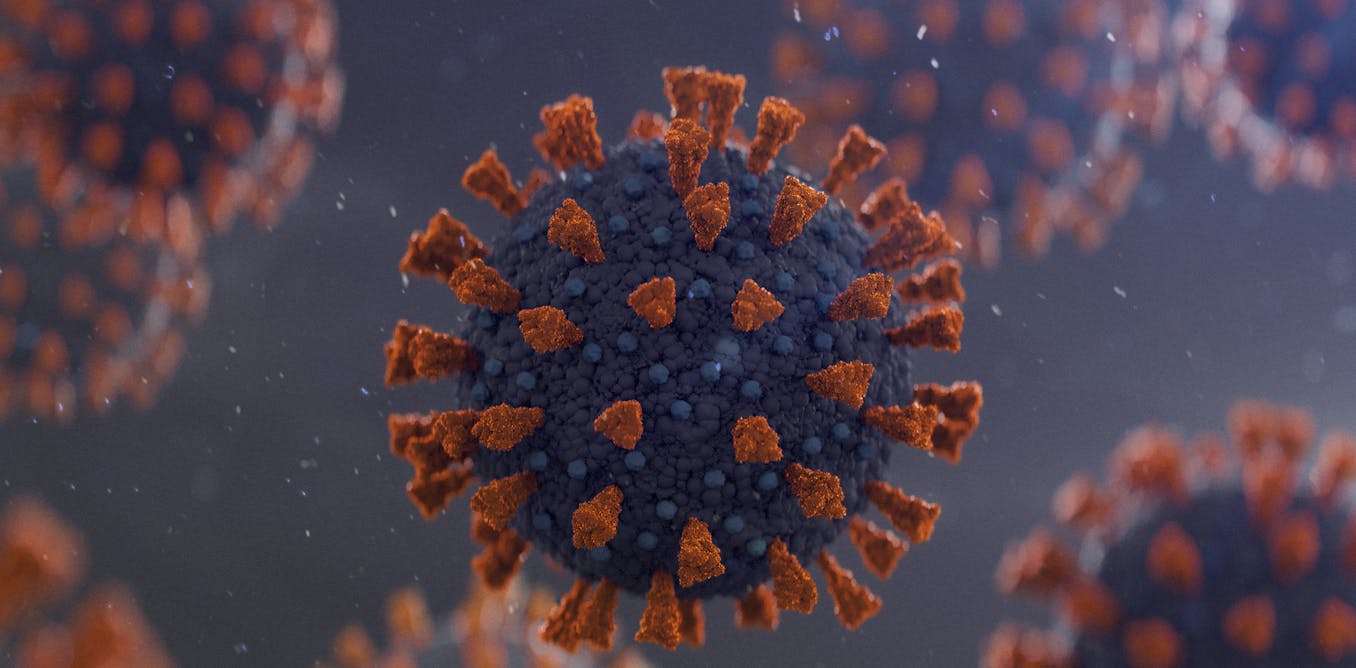From a salty breeze to the stench of sewage, here’s how smell affects our ocean experience and reflects changing seas
Smellscapes of the sea are multi-layered - they are shaped by interactions between water, marine life and environmental conditions.
Oct. 23, 2024 • ~8 min









